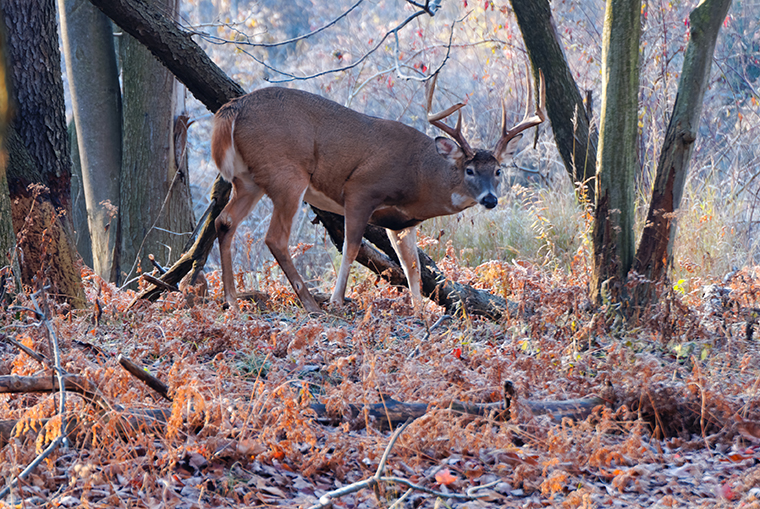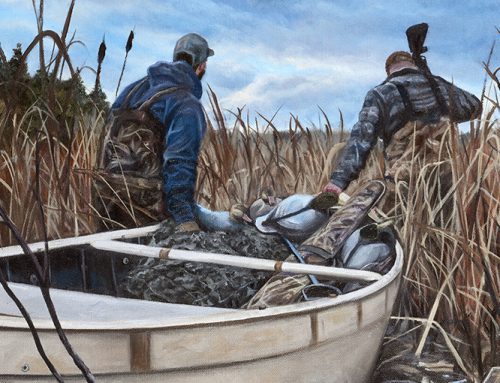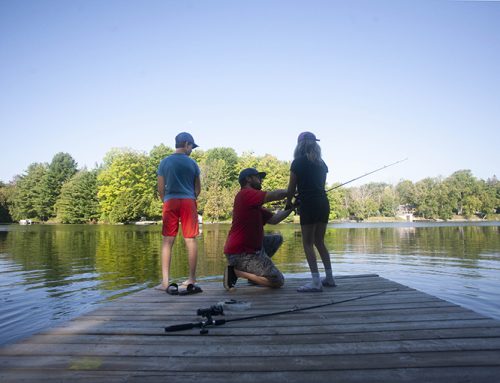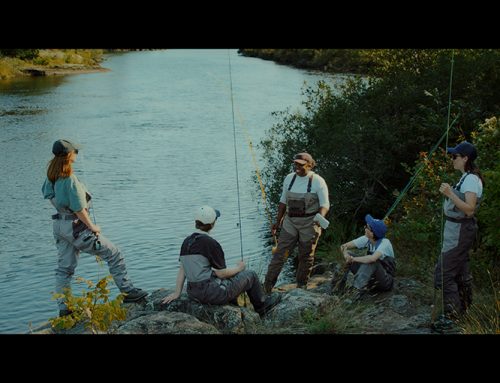
A proposal meant to drastically reduce the risk of Chronic Wasting Disease (CWD) – a degenerative, fatal brain disease that affects cervids (members of the deer family) – from entering the province was announced on July 15 on the Environmental Registry of Ontario.
ERO 019-2065, titled Proposal to reduce the risk of chronic wasting disease entering Ontario, directly addresses concerns raised by the Ontario Federation of Anglers and Hunters (OFAH) regarding the farming, importation and trade of cervids and cervid parts in the province.
The MNR is proposing to:
- Prohibit import of all species of live cervids into Ontario while allowing for certain exceptions.
- Prohibit the movement of live captive cervids between locations within Ontario while allowing for exceptions.
- Expand the existing prohibition on the possession and use of lures, scents and attractants made from parts of cervids.
- Expand the existing prohibition on import into Ontario of high-risk parts of cervids hunted in other jurisdictions.
Among other things, the measures recognize that the transport of live captive cervids between farms in different jurisdictions is a primary driver of CWD spread throughout North America. It also aims to ensure that if an Ontario farm wants to receive captive cervids, either from outside of the province or from another Ontario farm, they have to comply with the proper bio-security measures including fencing, gating and identification of individual animals.
Significantly reduce the risk
“These changes are a huge advocacy win for the OFAH and, if adopted, will significantly reduce the risk of CWD being introduced into Ontario,” said Dr. Keith Munro, OFAH Wildlife Biologist. “To date, only luck has prevented a CWD-positive deer from being moved into the province. These changes put meaningful barriers in place that will keep our wildlife healthy.”
Read the full proposal here
It is open for public comment until August 31.
Ontario has been monitoring wild and captive cervids since 2002 and is currently believed to be CWD-free.






Leave A Comment